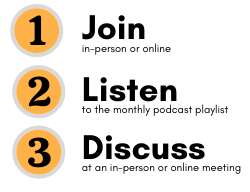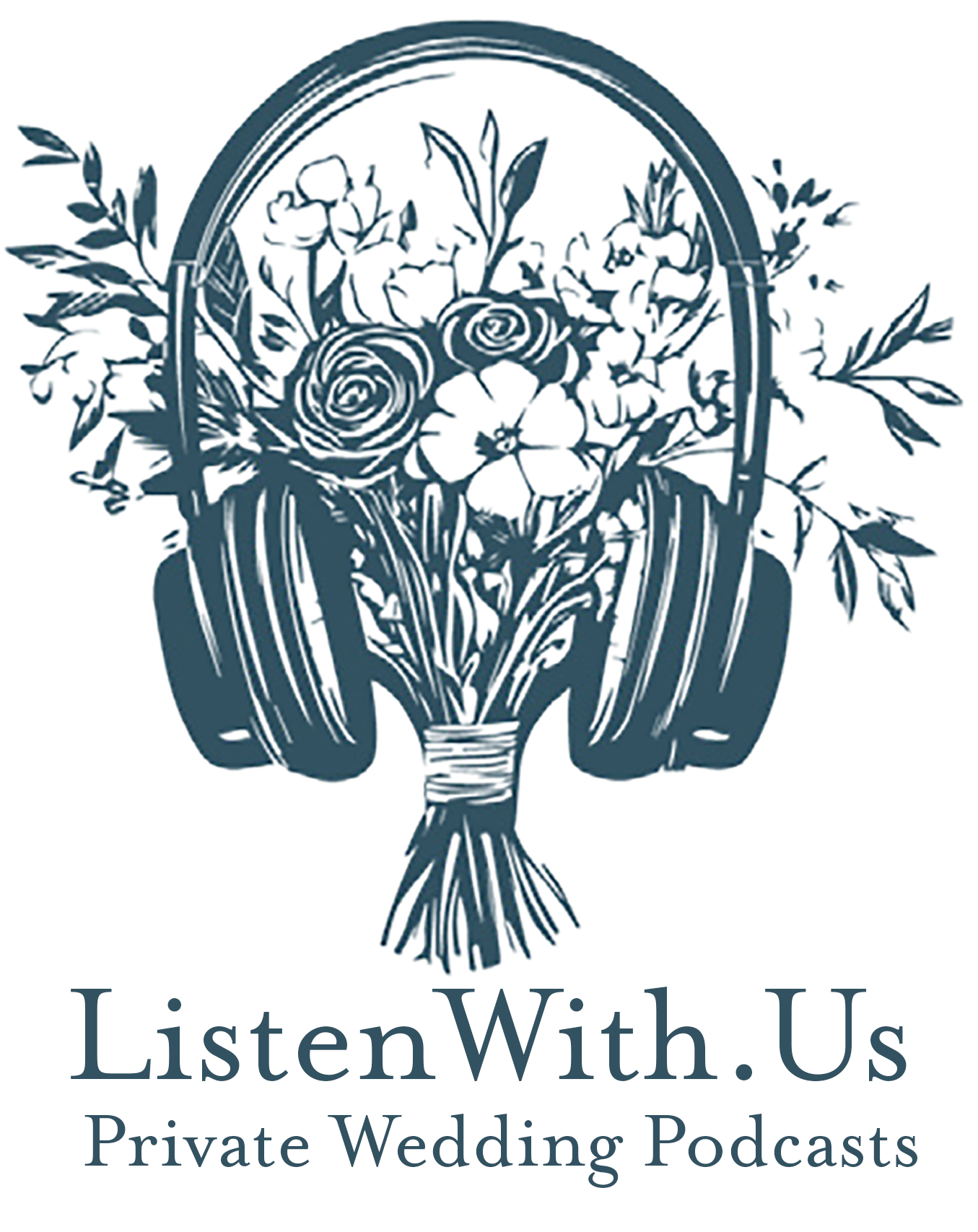Death: Beliefs & Responses – Listening List
This listening list was put together by the fabulous duo, Erin and Drew, who are members of the Chicago chapter of Podcast Brunch Club.
This month for Podcast Brunch Club, we’ll take a look at one of life’s two certainties: death. We hope the podcasts we’ve chosen expose you to beliefs people hold about death before it directly affects their lives, and how they respond after it does. Why do some people feel comfortable planning for the end of life, is it easier for the dying to accept death, how do you deal with death when it happens before you think it should, and how can the death of a stranger have such a strong effect on us, are just a few questions we’ll examine. As death can become a dark subject, we hope the selections just get you reflecting on how your own beliefs and experiences compare to those you’ll encounter.
Listen to these episodes about beliefs about and responses to death:
Love + Radio: The Living Room (25min)
When a woman notices her neighbors’ window curtains open, she has no idea of the emotional journey it will lead her on, as she finds herself deeply invested in the lives of a couple she’s never even met.
Awful Grace: I Heard it on the Road to New Jerusalem (45min)
A wife takes us through the story of her husband’s death, processing both the mundane and tragic details. This episode’s production further serves the story portraying its themes of mystery, memory, and disorientation.
Terrible Thanks For Asking: The Middle Place (34 min)
Host Nora McInerny and others reflect on the middle place between life and death: hospice. Hospice nurses deal with the in-between place on a daily basis, and often do so with incredible grace and understanding…how?! The dying may seem to instantly or eventually accept death and their comfortable surroundings in-home or in the hospital while under hospice care. But what about the dying’s loved ones? This episode looks at all those affected while in that middle place.
Planet Money: The Town That Loves Death (24 min)
As of February 2014 when the episode originally aired, 96 percent of people in La Crosse, Wisconsin had directions on how to deal with their death. The percentage of La Crosse residents who had plans for their life’s end was significantly higher than the national average (50 percent) of people who had plans for how loved ones should handle their death. This podcast examines how this small Wisconsin town got this way, and looks at the monetary and emotional benefits to having directions on how your friends and family should respond to your dying.
Conversation Starters:
- Why can planning for death be an uncomfortable thing to talk about? Why do some people feel comfortable talking about it?
- In the Love + Radio episode, what is different about how Diane dealt with this loss, instead of how most do with someone they are more connected with?
- Does having recorded memory of someone help ease dealing with their passing?
- Do people who are dying find it easier to accept death? Why or why not?
- How do people deal with death when it happens before it should (i.e. when someone is young, or when an otherwise healthy person is shot/stabbed)?
- Do you think it’s better to have time to reflect and take in death as its happening, or better for it to be a surprising and instantaneous event?
- How do personal beliefs and responses play into the two situations?
- Does being exposed to death make you more or less afraid of it?
- As the process of dying often provides ample time for reflection, what do you think people who are dying regret most?
- Does anyone enjoy or find glimmers of hope in death? If you plan your own funeral, can you choose to make it a celebratory experience rather than a time for mourning?





